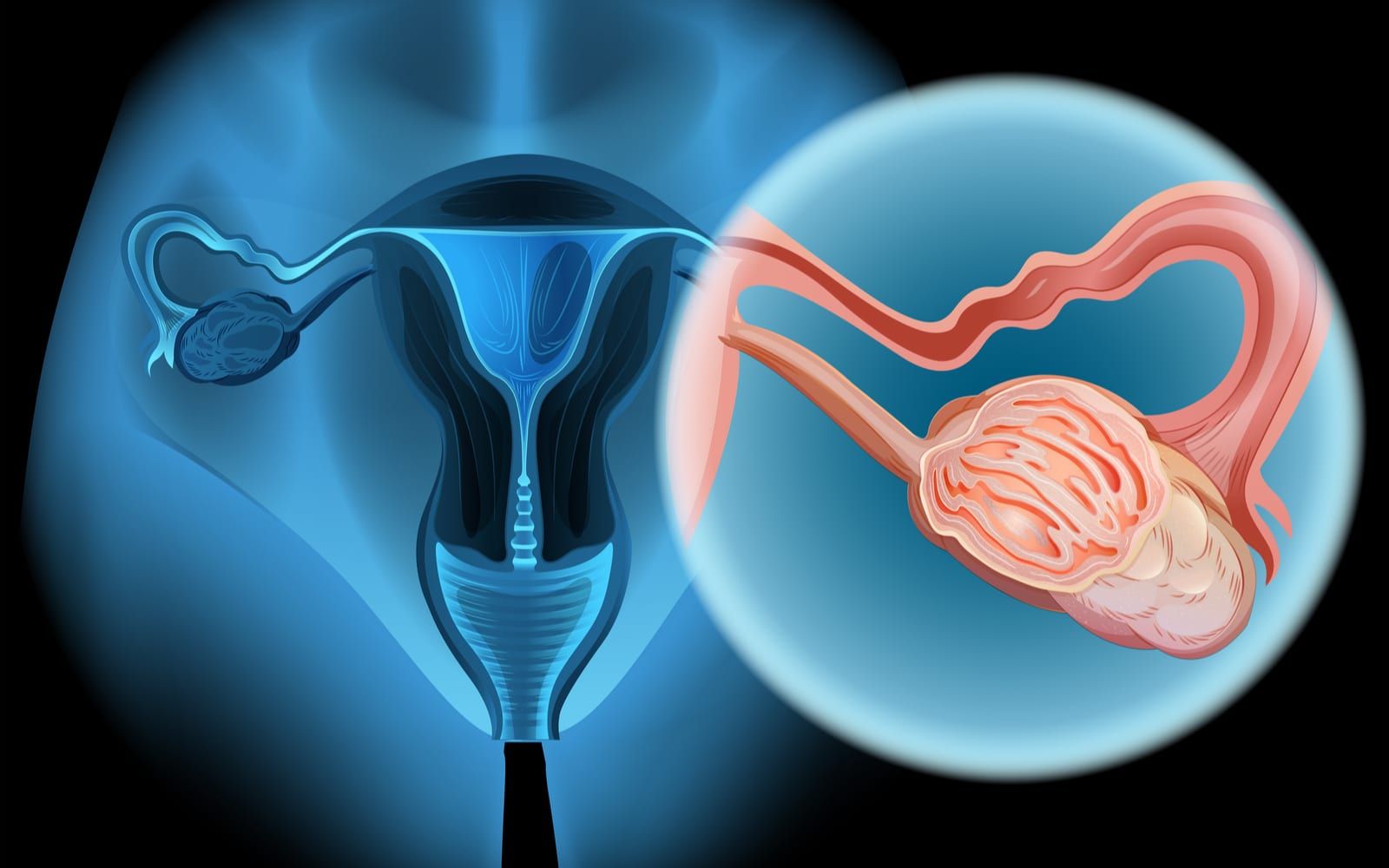Ovarian cancer is a much-feared “silent killer” of women. This reputation comes from the lack of a screening test reliable enough to catch it every time, meaning it often goes unnoticed until its late stages. Of all patients diagnosed with ovarian cancer in its later stages, 5-year survival rates are less than 30%. If caught early enough, which only accounts for 20% of all cases, it is imminently treatable and has a five-year survival rate of 94% or higher. This makes early identification the most important part of surviving ovarian cancer, so it pays to know what to look for.
Things To Be Aware Of Regarding Ovarian Cancer
Understanding the disease is the first step to protecting yourself from it. Below we present a few critical points about ovarian cancer and whether or not you should worry about it yourself.
- Watch For The Symptoms, and Talk To Your Doctor – There’s a lot of symptoms of ovarian cancer that are in common with other diseases. Rather than dismissing them, this is a reason to pay attention and report them to your doctor. Better that they be nothing than you missing an important indicator. Watch for incontinence, pain in the abdomen or pelvis, bloating, constipation, swelling with weight loss, and pain during sex. If you experience these, talk to your physician.
- It’s Uncommon In Women Under 40 – While one out of every seventy-five women will develop ovarian cancer, the majority of these are over age 63 based on studies by the American Cancer Society.
- Keeping The Weight Off Helps – The closer you are to a healthy weight (as determined by various factors and your physician’s input), the lower the likelihood of developing ovarian cancer is.
- A Family History Matters – If your family has high instances of ovarian cancer, your chances of getting it are higher. Colorectal and breast cancer rates play a role, as well.
- Childbirth is a Prophylactic – For reasons that aren’t well-understood, women who have had more children seem to have lower rates of ovarian cancer. Studies have attributed this to the interruption in ovulation that occurs.
- So Is Birth Control – It doesn’t matter why your ovulation stops, so long as it stops. Birth control that interrupts your ovulation cycle can have the same or even better results for your ovarian cancer risks.
Above are just a small range of the things that can serve to protect you from the dangers of ovarian cancer and help you respond appropriately should you develop symptoms.
See Your Gynecologist Regularly
Ovarian cancer is just one of the many women’s health reasons for seeing your gynecologist at least once a year. There are a variety of test options that can identify the presence of ovarian cancer, but none of them along are a guarantee. If you want to uncover more about preventing this condition and what you can do to protect yourself, call our offices for an appointment today!


